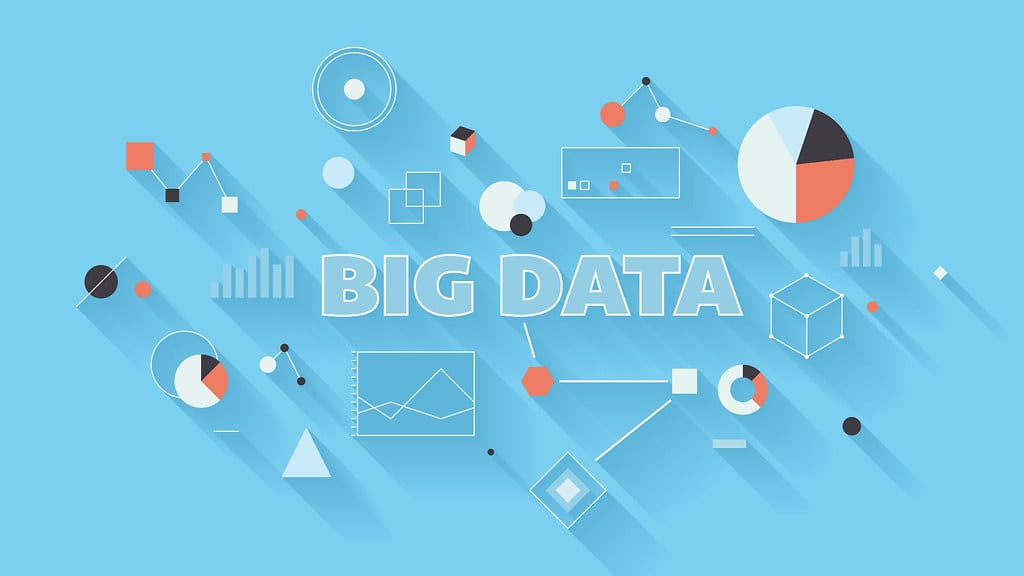How Digital Micro-targeting affects you, without you even resiling.
This article will allow people to understand how digital micro-targeting tactics affect the public, in both a positive and negative manner. Read on to learn about how micro-targeting affects you.
What is Micro-targeting?
The basic principles of marketing have remained the same over several decades. These practices have developed with the arrival of the internet and the mass collection of data. One of the ways marketing has changed since the internet is the highly accurate way marketers can target individuals, using micro-targeted ads.
Micro-targeting is not by any means a new concept, but the efficiency of micro-targeting has drastically increased. This is the result of the onset of Big Data and artificial intelligence. Micro-targeting did not emerge fully formed with the birth of the internet, however, it thrivs on the internet.
Micro-targeting allows marketers to focus at an individual level with a significant level of precision. This is done using confidential information about the consumer, which is then used to exploit the consumer by applying specific ads tailored towards the individual.
Digital Micro-targeting’s Acceleration due to AI and Big Data

AI and Big Data have fuelled the evolution of micro-targeting. The impact of AI and Big Data on marketing practices has changed the way marketers can effectively communicate with their consumer audiences. These technologies allow marketers to pinpoint consumers with extreme precision. Digital Marketers have the ability to nudge you in any perticular direction.
As consumers, our data is continuously being collected and processed by third-party data brokers. This term is used to describe the invisible industry that collects, analyses and sells individual’s data. The invisible industry collects personal data through public records, social media and online tacking forms from both internet and non-internet users. From the collected information is then used to develop modelled profiles for individuals.
These profiles are processed through digital marketing algorithms to develop potential future purchase decisions and specific content on how to nudge the consumer towards purchasing decisions. Powered by artificial intelligence algorithms, customer data is being analysed faster and more efficiently than traditional web analytics and data mining methods. It allows programmatic advertising systems to build ever richer, insight-driven consumer profiles.
Positive effects of digital micro-targeting on you
Personalisation benefits the customer as they will receive highly personalised, relevant and useful product recommendations about products they are most likely to purchase. Micro-targeting in digital communications allows messages to be personalised to each consumer. Research suggests that different forms of marketing tactics have less potential to change customer attitudes, behaviours, and interactions compared to personalisation.
Personalisation allows customers to receive micro-targeted messages and about products they may like to purchase. This enables them to buy these goods with little thought or effort. This is benefiting the consumer, as they will not have to waste time or money searching for a particular product.
The adverse effects of digital micro-targeting on you
As previously described, digital micro-targeting has positive outcomes on both the consumer when done correctly. However, these advantages are often short-lived due to the threat micro-targeting possesses on our democratic societies. Micro-targeting tactics are used to manipulate behaviours and alter future choices without you having any knowledge of this.
It could be argued that micro-targeting is a modern-day propaganda form. Micro-targeting could be described as one of the most significant ethical and societal threats as feeds into a democratic crisis. It not only changes the beliefs of people unbeknownst to them but also radicalises populations, typically for the worst.

Social media is the vessel for micro-targeting. On these platforms, users are exposed to ads through the medium of third-party data brokers, consistently. People are being subjected to specific, tailored content, that has the sole agenda to change their views and outlooks in particular situations. Furthermore, customers are constantly being bombarded with micro-targeted content, some of which being termed ‘fake news’ .
Lastly, through social media, the audience is micro-targeted with placed ads that speak to the interest of such an audience to sway them in one direction and alter perceptions. This is evident in the Cambridge Analytica scandal of 2016. Once marketers can make sufficient contact with such you through social media platforms. They can effectively manipulate and alter your behaviours in ways of their choosing without you knowing.
Summing it all up
As shown, the practice of micro-targeting has both positive and negative impacts on the way we live our life’s. For consumers, the negatives outweigh the positives as micro-targeting poses several ethical issues at hand. This is due to individuals are having their beliefs and value changed unknowingly to them by private third-party data brokers using behavioural micro-targeting techniques.
This tips the societal equilibrium off balance. it now favours large private organisations that can change a whole country’s beliefs. This puts society as a whole at a significant disadvantage.





Recent Comments